Keywords: White Australia Policy
There are more than 200 results, only the first 200 are displayed here.
-
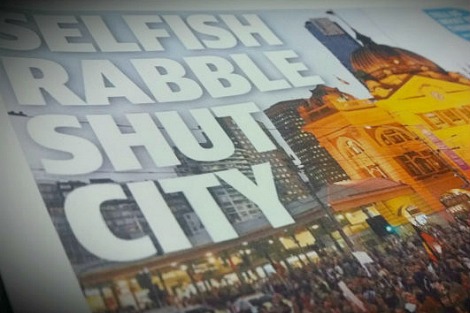
AUSTRALIA
- Celeste Liddle
- 16 December 2015
5 Comments
At the end of 2014, the scene for Indigenous politics in 2015 was set. While it is rare to see a year where Aboriginal and Torres Strait Islander people don't take to the streets to challenge government policies, Western Australian Premier Colin Barnett's announcement in November 2014 of the proposed closure of remote communities led to a large scale movement. It was one of several events that mobilised Indigenous communities during 2015. Next year is shaping up to be just as action packed.
READ MORE 
-
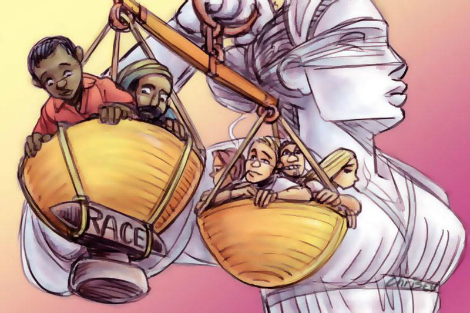
AUSTRALIA
- Ruby Hamad
- 30 November 2015
10 Comments
It is naive to equate racism with individual acts of bigotry. The current anti-Muslim and anti-Arab sentiment for instance goes deeper than sporadic attacks against individuals. Australian jobseekers with Middle-Eastern sounding surnames must submit up to 64 per cent more resumes than someone with an Anglo name in order to secure an interview. People may not actively engage in racist displays against Arabs, but that doesn't mean they are willing to spend time in close proximity to them.
READ MORE 
-
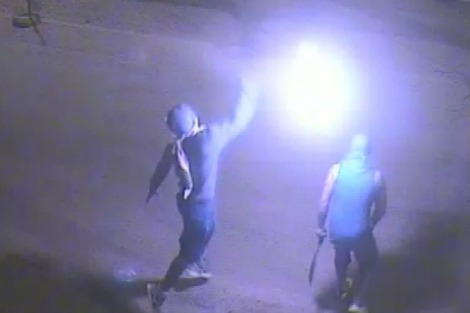
AUSTRALIA
- Andrew Hamilton
- 26 November 2015
6 Comments
Questions remain regarding the recent death and disturbance on Christmas Island, posed by the responses by New Zealand and Australian government ministers to the unrest. New Zealand Internal Affairs Minister Peter Dunne compared the Christmas Island regime to Guantanamo Bay. Australian Minister for Immigration Peter Dutton emphasised the $10 million damage to property. Both responses were partial. At a deeper level the riot was the predictable outcome of a brutal government policy.
READ MORE 
-
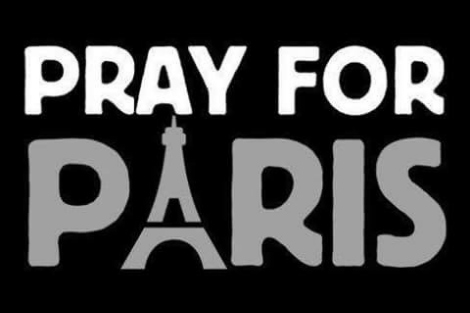
INTERNATIONAL
- Fatima Measham
- 20 November 2015
12 Comments
It is tempting to view the aftermath of terrorist attacks such as those in Paris as a well-rehearsed script. There are condemnation of the killings, sympathy for the families of victims, resolve to seek and punish perpetrators, expressions of solidarity across nations. Also, assaults targeting Muslims on the street and in policy. This time a few things have gone off-script. 'Hugs and hashtags' won't stop ISIS, but there is strength in refusing to cede control over our language and behaviour to terrorists.
READ MORE 
-
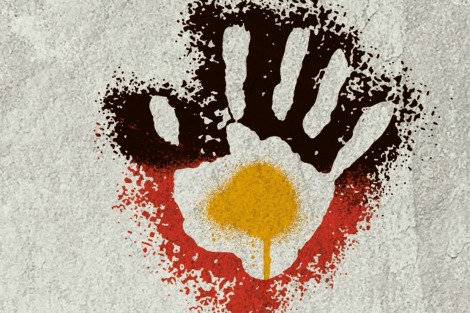
AUSTRALIA
- Frank Brennan
- 16 October 2015
2 Comments
I acknowledge those Aborigines and Torres Strait Islanders who insist that they have never ceded their sovereignty to the rest of us. I join with those Aborigines and Torres Strait Islanders who hope for better days when they are recognised in the Australian Constitution. As an advocate for modest constitutional recognition for Indigenous Australians, I respect those Aborigines and Torres Strait Islanders who question the utility of such recognition. But I do take heart from President Obama's line in his Charleston eulogy for the late Reverend Clementa C. Pinckney: 'Justice grows out of recognition'.
READ MORE
-
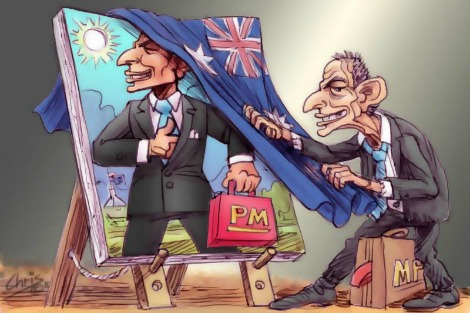
AUSTRALIA
- Fatima Measham
- 12 October 2015
18 Comments
Australia has a long line of prime ministers whose standing has been propped up over time. Edmund Barton was a racist; Alfred Deakin spoke against 'undesirable coloured aliens'. The passage of time tends to extract the essential parts of a prime minister's stint, which is how complex figures like Whitlam, Fraser, Keating and Howard end up being rehabilitated in collective memory. It's hard to tell whether there is enough complexity in Abbott and his time as prime minister to enable such restoration.
READ MORE 
-

- Frank Brennan
- 18 September 2015
Pope Francis's concerns are not narrowly dogmatic or pedagogical but universally pastoral. He knows that millions of people, including erstwhile Catholics, are now suspicious of or not helped by notions of tradition, authority, ritual and community when it comes to their own spiritual growth which is now more individual and eclectic. He wants to step beyond the Church's perceived lack of authenticity and its moral focus on individual matters, more often than not, sexual. He thinks the world is in a mess particularly with the state of the planet — climate change, loss of biodiversity and water shortages, but also with the oppression of the poor whose life basics are not assured by the operation of the free market, and with the clutter and violence of lives which are cheated the opportunity for interior peace. He is going to great pains to demystify his office. He wants all people of good will to emulate him and to be both joyful and troubled as they wrestle with the probl
READ MORE
-

- Frank Brennan
- 01 September 2015
1 Comment
If you want to form government in Australia and if you want to lead the Australian people to be more generous, making more places available for refugees to resettle permanently in Australia, you first have to stop the boats. If you want to restore some equity to the means of choosing only some tens of thousands of refugees per annum for permanent residence in Australia from the tens of millions of people displaced in the world, you need to secure the borders. The untrendy truth is that not all asylum seekers have the right to enter Australia but that those who are in direct flight from persecution whether that be in Sri Lanka or Indonesia do, and that it is possible fairly readily (and even on the high seas) to draw a distinction between those in direct flight and those engaged in secondary movement understandably dissatisfied with the level of protection and the transparency of processing in transit countries such as Malaysia and Indonesia. The popular evil is that political
READ MORE
-
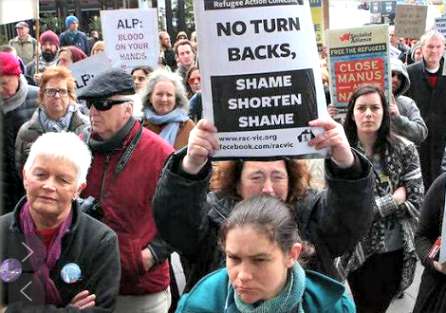
AUSTRALIA
- Andrew Hamilton
- 30 July 2015
28 Comments
Labor's National Conference endorsement of boat turnbacks does raise questions, as policies are not merely pieces of paper. They are statements of value, in this case about vulnerable and desperate humans. If, under our policies, we inflict pain for other purposes, it will come back to haunt us.
READ MORE 
-
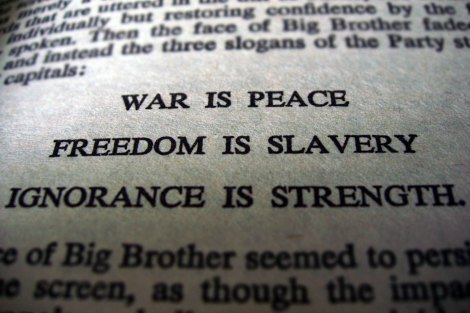
INTERNATIONAL
In George Orwell's most famous novel 1984, the white face of the Ministry of Truth bears the slogans: WAR IS PEACE, FREEDOM IS SLAVERY, IGNORANCE IS STRENGTH. Australia is not approaching dictatorship, but a quick look at Orwell's slogans in the light of the past week's news makes disturbing reading.
READ MORE 
-
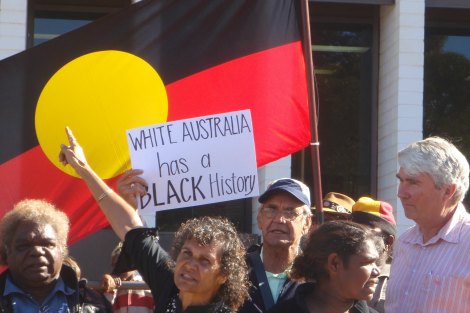
AUSTRALIA
- Frank Brennan
- 22 June 2015
4 Comments
Walking towards the courthouse, I heard a cry, 'Hey, Father Frank, over here! You've got to support us mob.' I was torn. I was chairing a national consultation at the request of the Commonwealth Government. I did not want to politicise our presence in town. But then again, I did not want to abandon Ben and his colleagues in their hour of need. They all stood in front of an Aboriginal flag. Some were crying out for justice for their deceased loved one.
READ MORE
-

AUSTRALIA
- Frank Brennan
- 28 May 2015
5 Comments
We gather on the 48th anniversary of the 1967 referendum. All major political parties to an agreed referendum question when going into the next federal election, with the understanding that the new government and the new parliament would proceed to put a referendum to the people, perhaps on Saturday 27 May 2017, the fiftieth anniversary of the successful 1967 referendum.
READ MORE